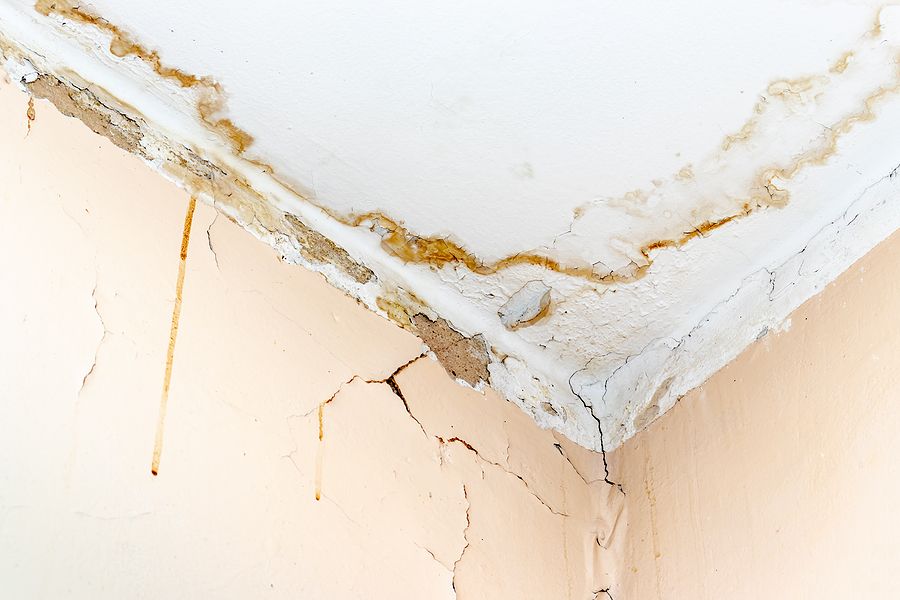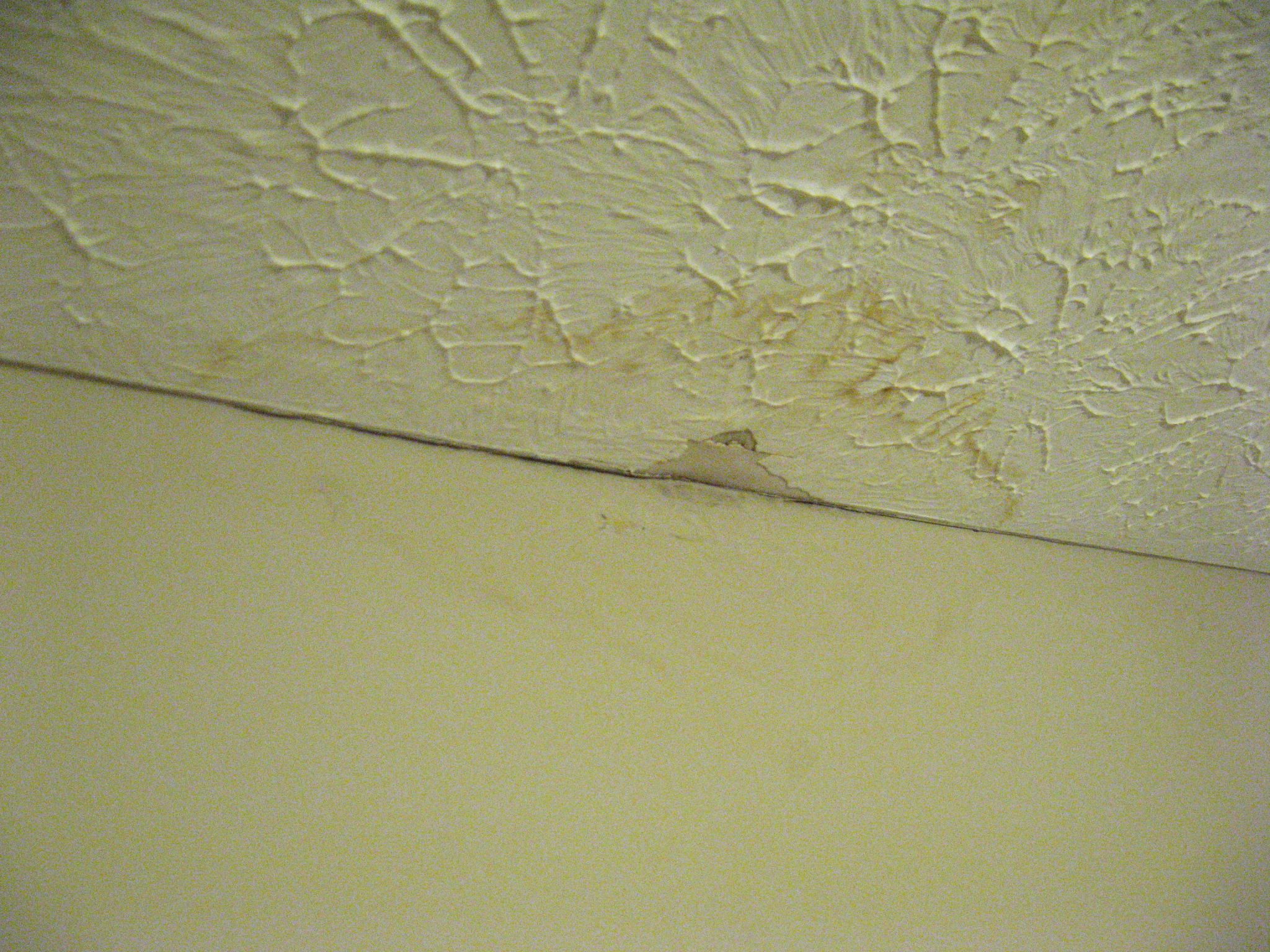Exposing Common Triggers Behind Residential Water Leak Concerns
Exposing Common Triggers Behind Residential Water Leak Concerns
Blog Article
They are making a few good points relating to How Fast Water Damage Can Ruin Your Home in general in this article just below.

Leaks not just trigger waste of water but can additionally cause unneeded damages to your house and promote undesirable natural development. By understanding and looking for day-to-day situations that create leaks, you can secure your house from future leaks and unnecessary damages.
Trespassing roots
The majority of water leakages start outside the home instead than inside it. You might see damp patches or sinkholes in your backyard, as well as that may imply that tree roots are invading water lines causing water to permeate out.
Corroded water systems
As time goes by, your plumbing system ages and also rust such as rust might begin eating away the pipes. This may be the root cause of staining or bending on your water pipes. This asks for an assessment with your plumber promptly. Consider changing the pipes because they are at a higher risk of corrosion than the more recent models if our plumbing system is old.
Defective Pipe Joints
The point at which your pipes link is regularly the weakest web link in the waterline. Pipeline joints can weaken over time, leading to water leaks. Unfortunately, most of pipeline joints are not quickly visible. If you have noisy pipelines that make ticking or banging noises, particularly when the hot water is switched on, your pipe joints are probably under a lot of stress. It is recommended to have your plumber evaluate your system yearly.
Instant temperature level changes.
Extreme temperature adjustments in our pipelines can trigger them to broaden and acquire suddenly. This development and also contraction may cause cracks in the pipes, particularly if the temperature level are listed below cold.
Poor Water Connectors
At times, a leak can be triggered by loosened hoses as well as pipelines that provide your appliances. In situation of a water links leakage, you may discover water running directly from the supply line or pools around your devices.
Clogged Drains
Clogged drains may be aggravating and inconveniencing, yet they can in some cases end up causing an overflow causing break pipelines. Keep getting rid of any type of products that may go down your drains pipes that can obstruct them to stay clear of such hassles.
All the above are root causes of leaks however not all water leakages arise from plumbing leaks; some leaks might come from roof leakages. All leakages must be repaired promptly to prevent water damage.
Leakages not just trigger waste of water but can additionally trigger unnecessary damages to your house and advertise undesirable organic development. By comprehending and looking for day-to-day scenarios that cause leakages, you can safeguard your house from future leakages as well as unneeded damage. Today, we will look at 6 leak triggers that might be triggering your pipes to drip.
At times, a leak can be caused by loose hose pipes as well as pipelines that supply your home appliances. In situation of a water links leak, you may notice water running directly from the supply line or pools around your appliances.
How To Check For Water Leak In Your Home
How To Check for Leaks
The average household's leaks can account for nearly 10,000 gallons of water wasted every year and ten percent of homes have leaks that waste 90 gallons or more per day. Common types of leaks found in the home are worn toilet flappers, dripping faucets, and other leaking valves. These types of leaks are often easy to fix, requiring only a few tools and hardware that can pay for themselves in water savings. Fixing easily corrected household water leaks can save homeowners about 10 percent on their water bills.
To check for leaks in your home, you first need to determine whether you're wasting water and then identify the source of the leak. Here are some tips for finding leaks:
Take a look at your water usage during a colder month, such as January or February. If a family of four exceeds 12,000 gallons per month, there are serious leaks.
Check your water meter before and after a two-hour period when no water is being used. If the meter changes at all, you probably have a leak.
Identify toilet leaks by placing a drop of food coloring in the toilet tank. If any color shows up in the bowl after 10 minutes, you have a leak. (Be sure to flush immediately after the experiment to avoid staining the tank.)
Examine faucet gaskets and pipe fittings for any water on the outside of the pipe to check for surface leaks.
Undetected water leaks can happen without the home or business owner even realizing. If you suspect a water leak, but not able to find the source. It is time to contact a professional water leak detection service, The Leak Doctor.
How To Find a Water Leak In Your Home
https://www.leakdoctor.com/blog/How-To-Check-For-Water-Leak-In-Your-Home_AE197.html

I am just very excited about How to detect water leaks in your home and I am assuming you liked the entire blog entry. In case you liked our blog entry plz don't forget to pass it around. Thanks a lot for taking the time to read it.
Fast solution? Ring! Report this page